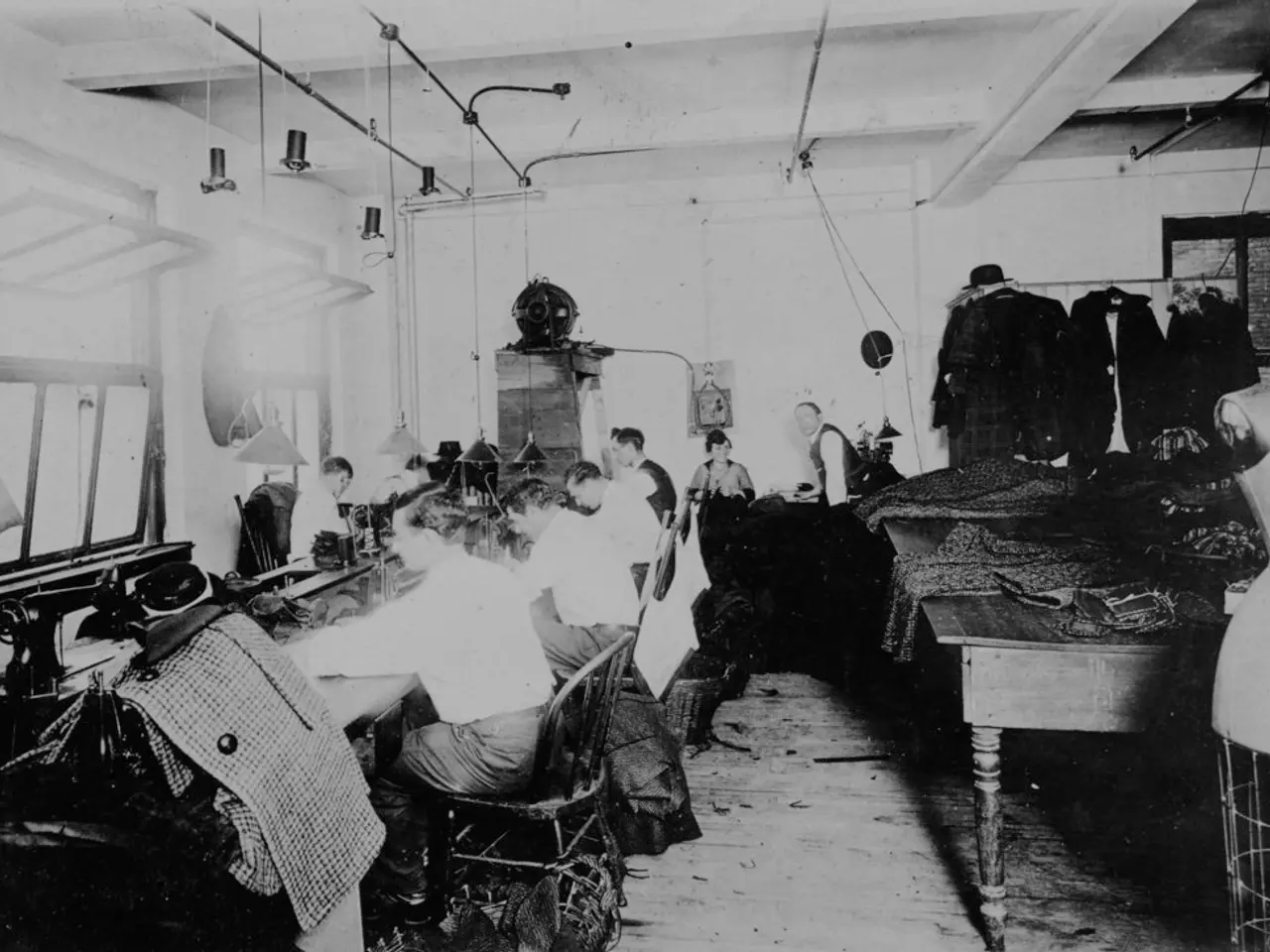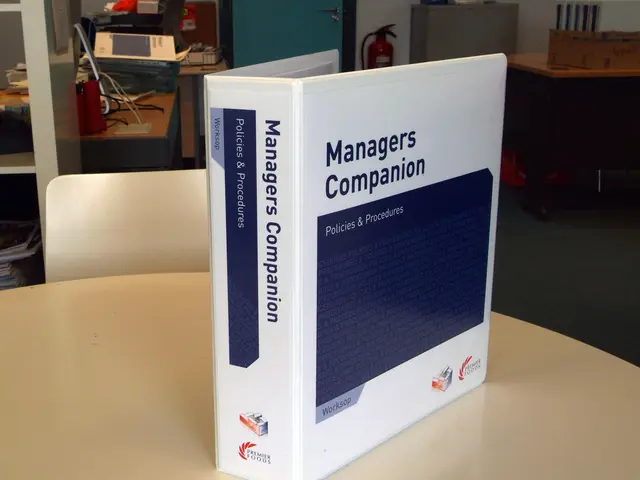Turkish Workers' Role in Germany's Post-WWII Economy Revisited
More than 850,000 Turkish workers moved to Germany between 1961 and 1973, playing a significant role in the country's post-WWII economic recovery. However, the extent of their contribution has been a subject of debate.
Germany's economic miracle (1948-1961) predated the significant arrival of Turkish workers. The country's commitment to a market-based capitalist economy was the primary driver of this growth. Despite this, some have argued that Turkish migrant workers played a crucial role in building modern industrial Germany during this period. However, historians have pointed out that large contingents of Turkish workers only started arriving in the 1960s, not during the economic miracle years.
In 1962, only 15,000 Turks were working in Germany, compared to 266,000 Italians, 87,000 Spaniards, and 70,000 Greeks. This suggests that the initial economic growth was not primarily driven by Turkish workers. The German government's Anwerbeabkommen (recruitment agreements) with various countries, including Turkey, were aimed at addressing labor shortages in specific sectors, not at recruiting 'ungeschulte' (untrained) workers in general.
While Turkish workers have undoubtedly contributed to Germany's economy, their role in the post-WWII economic recovery has been overstated. The economic miracle was primarily driven by Germany's commitment to a market-based economy. The arrival of Turkish workers in significant numbers came later, in the 1960s, when the economy was already well-established. Misrepresentations of this history, such as those made by Germany's foreign minister Johann Wadephul, can lead to biased narratives and should be corrected.
Read also:
- American teenagers taking up farming roles previously filled by immigrants, a concept revisited from 1965's labor market shift.
- Weekly affairs in the German Federal Parliament (Bundestag)
- Landslide claims seven lives, injures six individuals while they work to restore a water channel in the northern region of Pakistan
- Escalating conflict in Sudan has prompted the United Nations to announce a critical gender crisis, highlighting the disproportionate impact of the ongoing violence on women and girls.






